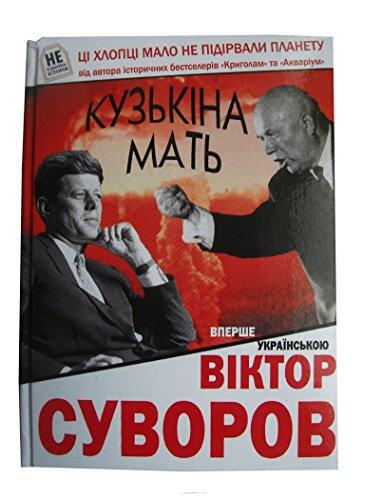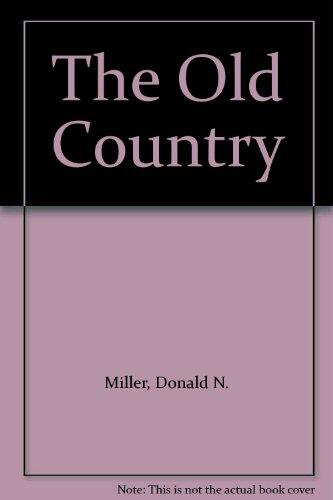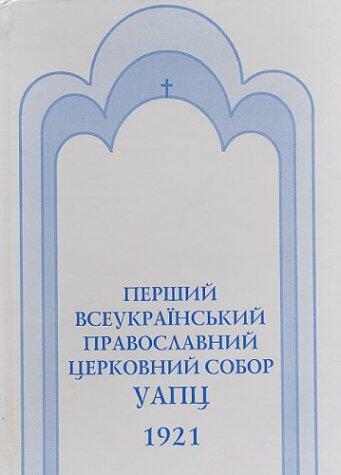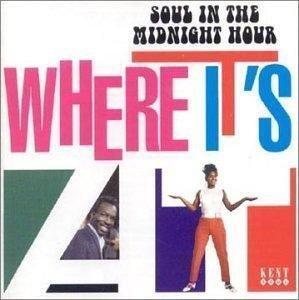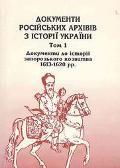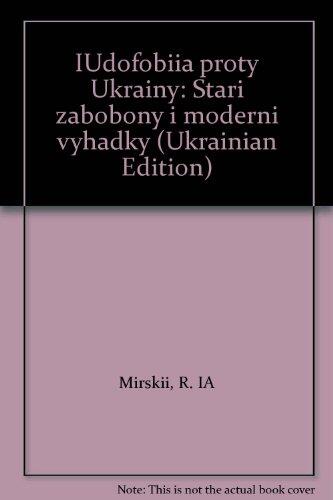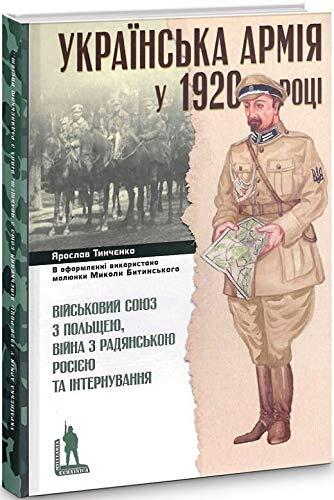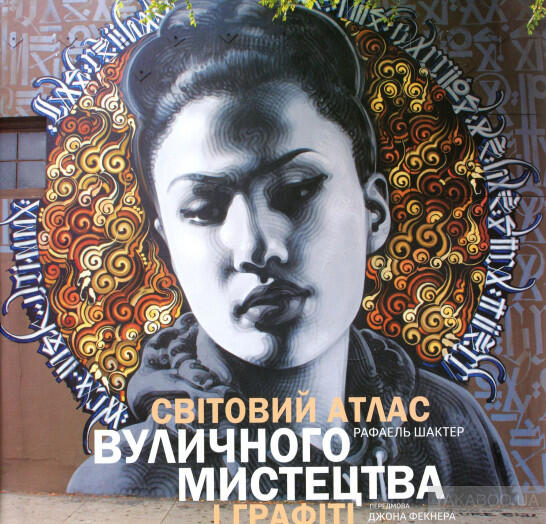![Teatr mizh Gitlerom i Stalinym [Theater Between Hitler and Stalin]](https://images.bookpine.com/91947078-3374-4a26-bf01-8cc7b98647a8.jpg)
Teatr mizh Gitlerom i Stalinym [Theater Between Hitler and Stalin]
작성자
V Gaidabura
아직 평점이 없습니다
History
형식
하드커버
페이지
320
언어
우크라이나어
출판됨
Jan 1, 2004
출판사
Fakt
ISBN-10
9668408470
ISBN-13
9789668408472
설명
Set against the tumultuous backdrop of the 20th century, this book plunges readers into the complex interplay between two of history's most notorious leaders: Hitler and Stalin. Valeriĭ Haĭdabura meticulously examines the ways in which theater served as a battleground for ideological conflict during a time of political upheaval and cultural oppression. The narrative weaves together historical events and artistic expression, highlighting how the stage became a reflection of the ideological divides tearing Europe apart.
Through in-depth analysis, Haĭdabura sheds light on how art was used as a tool for propaganda as well as a voice for dissent. Drawing on a wealth of bibliographical references, the work provides a thorough exploration of notable performances, playwrights, and the impact of censorship. This scholarly examination reveals the power of theater in shaping public opinion and its crucial role in the broader context of war and totalitarian regimes.
In addition to the artistic narrative, the text offers an index that facilitates deep research into specific themes and figures. Readers will find themselves captivated by the intricate landscape of culture under siege and the resilience of those who dared to challenge oppressive powers through the universal language of performance. Haĭdabura's work stands as a vital contribution to understanding the intersections of politics, art, and human expression in one of history's darkest chapters.
Through in-depth analysis, Haĭdabura sheds light on how art was used as a tool for propaganda as well as a voice for dissent. Drawing on a wealth of bibliographical references, the work provides a thorough exploration of notable performances, playwrights, and the impact of censorship. This scholarly examination reveals the power of theater in shaping public opinion and its crucial role in the broader context of war and totalitarian regimes.
In addition to the artistic narrative, the text offers an index that facilitates deep research into specific themes and figures. Readers will find themselves captivated by the intricate landscape of culture under siege and the resilience of those who dared to challenge oppressive powers through the universal language of performance. Haĭdabura's work stands as a vital contribution to understanding the intersections of politics, art, and human expression in one of history's darkest chapters.
